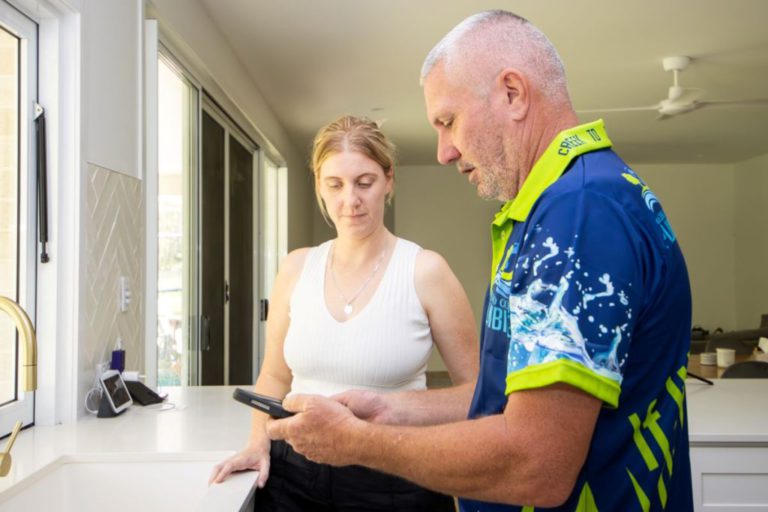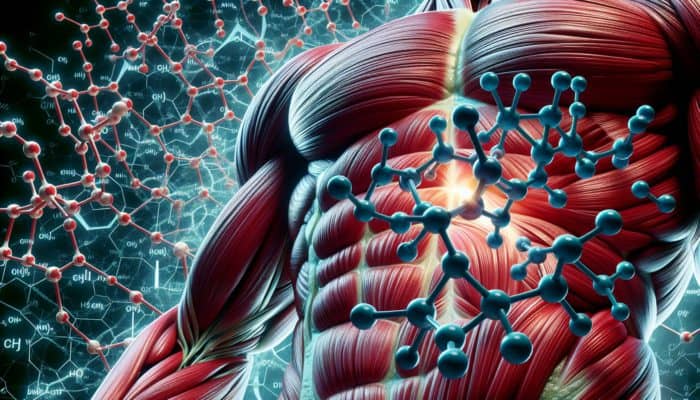When selecting the ideal hot water system tailored to your household’s needs, it is vital to consider a range of factors that extend beyond mere functionality. The contemporary market prioritises energy efficiency, substantial long-term savings, and the ability to integrate with advanced technologies, including solar power and smart home systems. For residents in Queensland, the decision-making process frequently revolves around two particularly popular choices: solar hot water systems and heat pumps. By acquiring a thorough understanding of the benefits and functionalities of these systems, homeowners can make an enlightened choice that aligns perfectly with their unique household requirements.
Both alternatives offer energy-efficient solutions when compared to traditional electric storage or gas systems. Nonetheless, they operate on different principles and serve distinct household needs, climatic conditions, and budget limitations. This article will thoroughly explore the specific characteristics of each system, highlighting the increasing trend of heat pump systems growing in popularity among homeowners who prioritise efficiency and cost-effectiveness.

Exploring the Functionality of Solar Hot Water and Heat Pump Systems
How Solar Hot Water Systems Operate
Solar hot water systems are specifically engineered to capture solar energy through specialised collectors that are installed on rooftops. This captured solar energy is then utilised to heat water stored in a designated tank, providing an eco-friendly solution for hot water needs. Most systems are equipped with a backup heating system, either electric or gas, to ensure a reliable supply of hot water during overcast days or times of peak demand, thus guaranteeing comfort and convenience for all household members.
How Heat Pump Hot Water Systems Work
In contrast to solar hot water systems, heat pumps do not rely on sunlight for operation. They extract heat from the surrounding air using a refrigeration cycle and transfer this thermal energy into water stored within a tank. This method resembles the operation of an air conditioning unit functioning in reverse. Heat pump systems do not require any components to be placed on the roof, simplifying the installation process and making them a suitable option for a wider range of homes.
Comparing the Efficiency and Performance of Hot Water Systems
| Factor | Solar Hot Water | Heat Pump System |
|---|---|---|
| Requires direct sunlight | ✓ | ✗ |
| Operates effectively in shaded areas | ✗ | ✓ |
| Available for night-time use | ✗ | ✓ |
| Requires roof space for installation | ✓ | ✗ |
| Consistent performance in winter | ✗ | ✓ (in QLD climates) |
| Eligible for STCs/rebates | ✓ | ✓ |
| Compatible with solar PV systems | ✗ (standalone) | ✓ |
Note: In the warm climate of Queensland, heat pumps generally maintain high efficiency throughout the year, establishing them as a reliable and practical choice for homeowners seeking continuous hot water solutions.
Crucial Installation and Maintenance Factors for Hot Water Systems
Installing solar hot water systems requires careful positioning of collectors on your roof, which can be particularly challenging for older residences or those that lack easy roof access. Factors such as shading, roof orientation, and pitch significantly influence overall performance, making meticulous planning essential. Additionally, the configuration of the tank and plumbing can limit installation options, requiring a more complex setup compared to alternative systems.
On the other hand, heat pumps are typically installed at ground level and are available in either integrated or split configurations, occupying a footprint similar to that of a conventional electric tank. They do not necessitate rooftop components, which simplifies the installation process and enhances convenience for homeowners. Furthermore, maintenance of heat pumps tends to be less complicated, as they are less exposed to UV rays and severe weather conditions, ultimately reducing upkeep frequency and associated costs.
Optimising Your Financial Savings with the Right Hot Water System
Both solar hot water systems and heat pumps can significantly lower energy expenses. However, heat pumps frequently offer greater savings for households that:
- Experience limited sunlight exposure throughout the day and require a reliable hot water source
- Utilise hot water during early morning or late evening hours when energy rates tend to be higher
- Already have rooftop solar PV systems and wish to enhance their energy consumption
- Prefer to avoid reliance on roof structures or do not want to penetrate roof tiles
Since heat pumps operate using electricity, they can be programmed to run during peak solar generation hours. This flexibility makes them an excellent complement to existing solar panel systems. Instead of exporting surplus energy at a diminished feed-in tariff, homeowners can effectively utilise their solar power to heat water, maximising cost-effectiveness and energy efficiency.
Exploring the Initial Costs and Available Rebates for Hot Water Systems
Both solar hot water systems and heat pumps are eligible for Small-scale Technology Certificates (STCs), which can significantly lower the purchase price, making them more affordable for homeowners. The quantity of STCs available varies based on several factors, including geographic location, system size, and efficiency ratings. Additionally, heat pump systems may qualify for specific rebates in Queensland under the Energy Efficient Communities Program, which differ depending on household characteristics and installation specifics.
To navigate these rebate opportunities effectively, it is highly advisable to consult with a qualified installer, such as Creek to Coast Plumbing. They can provide expert advice on eligible systems and manage the rebate application process, ensuring that you maximise all available savings as part of the installation service.
Selecting the Best Hot Water System for Homes in Queensland
In the coastal regions of Queensland, including the Sunshine Coast and Moreton Bay, heat pumps frequently outperform solar hot water systems due to their reliable efficiency, straightforward installation, and compatibility with solar energy technologies. They are particularly advantageous for homes that experience shading or have partially sunny conditions, proving especially effective in residences equipped with battery storage or smart controllers that optimise energy usage.

Evaluating the Top Choices for Hot Water Systems
While solar hot water systems continue to be relevant, especially in homes with unshaded, north-facing roofs that have high daily hot water demands, heat pump systems offer a more versatile and all-encompassing solution for many homeowners throughout Queensland. They deliver consistent performance, simplified installation processes, and seamless integration with existing solar PV systems, establishing them as a valuable investment for energy-conscious homeowners.
If you are contemplating an upgrade, we encourage you to explore our Heat Pump Hot Water Systems Installation Page for more insights or to request a personalised quote that aligns with your specific needs.
The Article: Heat Pumps vs Solar Hot Water: Which is Superior? first appeared on https://writebuff.com
The Article Heat Pumps vs. Solar Hot Water: A Comparison of Efficiency Was Found On https://limitsofstrategy.com







Such an interesting take on hot water systems! I recently made the switch to a solar hot water system, and I have to say, the savings on my energy bill have been noticeable. Plus, it feels good knowing I’m using a renewable resource. But I did have to consider the installation costs and whether it would work well with my roof orientation.